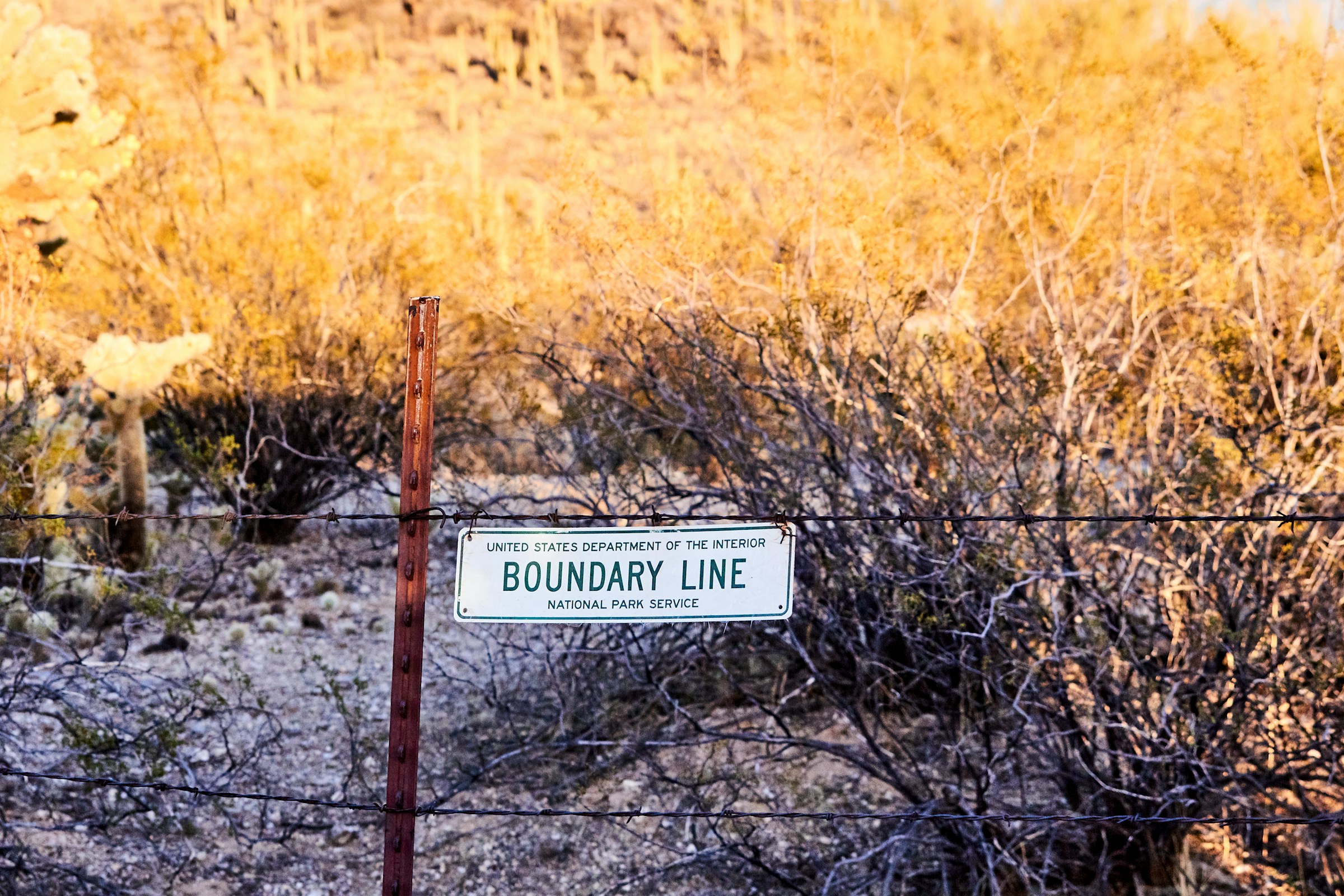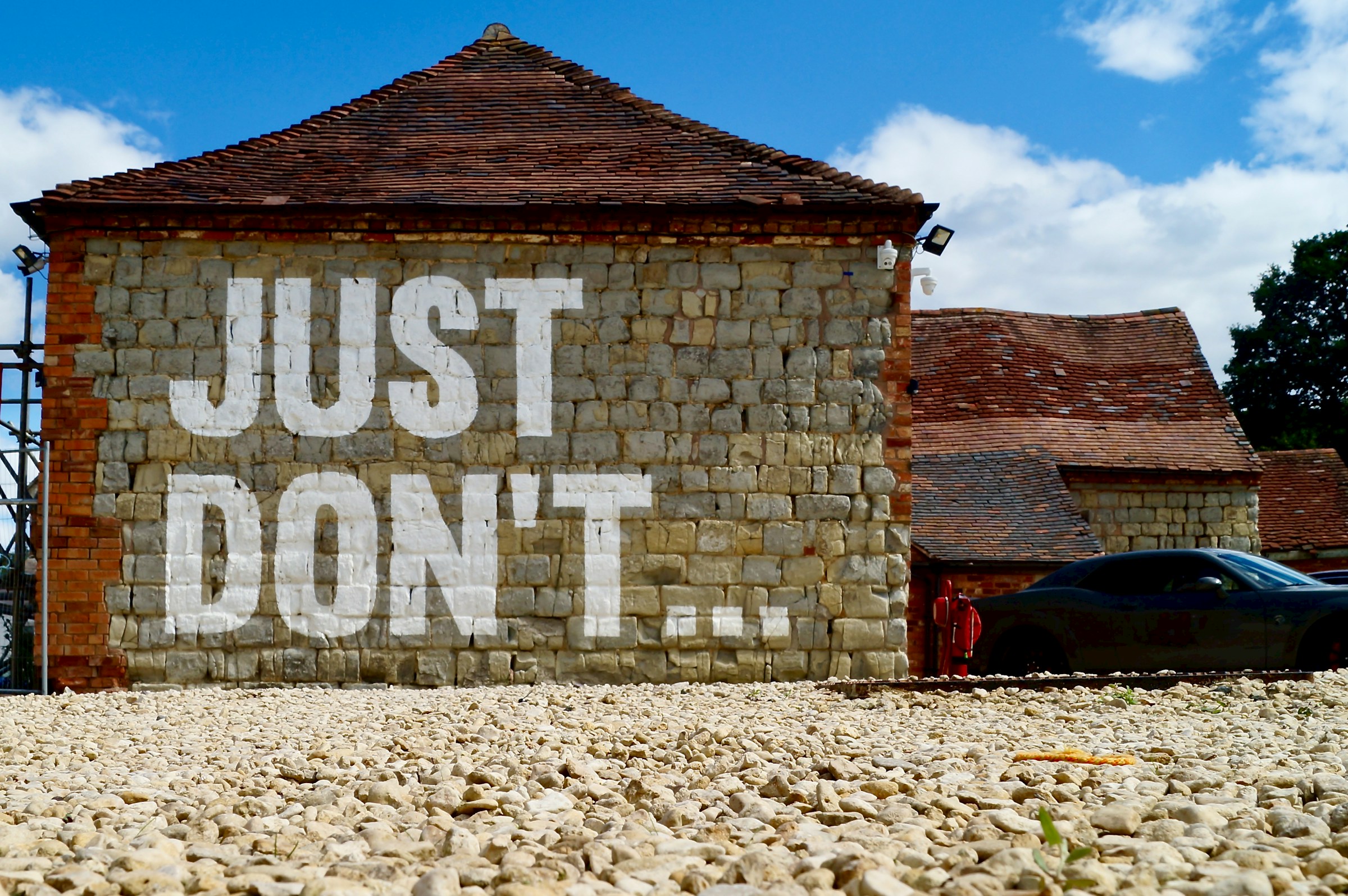We hear the word “boundaries” as a regular buzzword these days and yet, still, there are so many misconceptions of what they are, how they work, and how to identify them within ourselves.
A boundary is the ability to realize what works and doesn’t work for us and simply put, relates to the ability to tap into our selves of what is a “yes” for us and what is a “no” for us.
Some situations or instances with others can trigger us to feel a variety of different emotions, negative beliefs about ourselves, and body sensations. Sometimes we feel a very strong reaction because it reminds us of other situations or instances that were similar and this is why it can be loaded and we can react badly, sometimes unfairly even.
We often find connections in others who remind us of past experiences and reinforce our beliefs about ourselves (positive or negative)

For example: If we grew up with a narcissistic parent, the behaviour that characterizes that kind of personality disorder is that they will constantly be preoccupied with themselves, needing constant validation from everyone, and can’t see the world outside of themselves and their own life, experiences, and perspective. This behaviour will make a child feel emotional and sometimes physically neglected and will constantly program them with the belief that they aren’t important or that they aren’t enough.
Following the same example: As an adult, that same person will likely continue to attract people into their life who are similar in behaviour or who continue to perpetuate those negative beliefs about themselves.

Now back to boundaries… it certainly takes a lot of self-awareness to understand ourselves better and know what our boundaries are and sometimes it’s hard to know what our boundaries are in the moment they are coming up for us, but that doesn’t mean that we can’t address them later.
Some of the best advice I could give to those who struggle with boundaries and setting them is to acknowledge first and foremost, that you are worthy and deserving to have a boundary and you are NOT too sensitive. You are more than allowed to have a voice and express what doesn’t feel good to you! Others who respect you will too agree with this!
The other important piece is to take the time to understand yourself and your own internal “yes” and “no” within your mind and body.

One really good way to do that is to sit with yourself and notice your body sensations, your emotions, and the negative beliefs about yourself that come up in different circumstances with other people. Do not react to what’s happening, quiet yourself and sit with it. Just simply sit with it and write it all down in a notebook or on your phone what is coming up for you each time and each situation and identify your internal “yes” and internal “no”.
It is your mind and body’s natural way of understanding itself and how you are truly feeling. This will teach you more about how different situations impact you and essentially what your boundaries are.
If you’re interested in learning more about your boundaries and setting them, I offer psychotherapy and conscious communication coaching.

